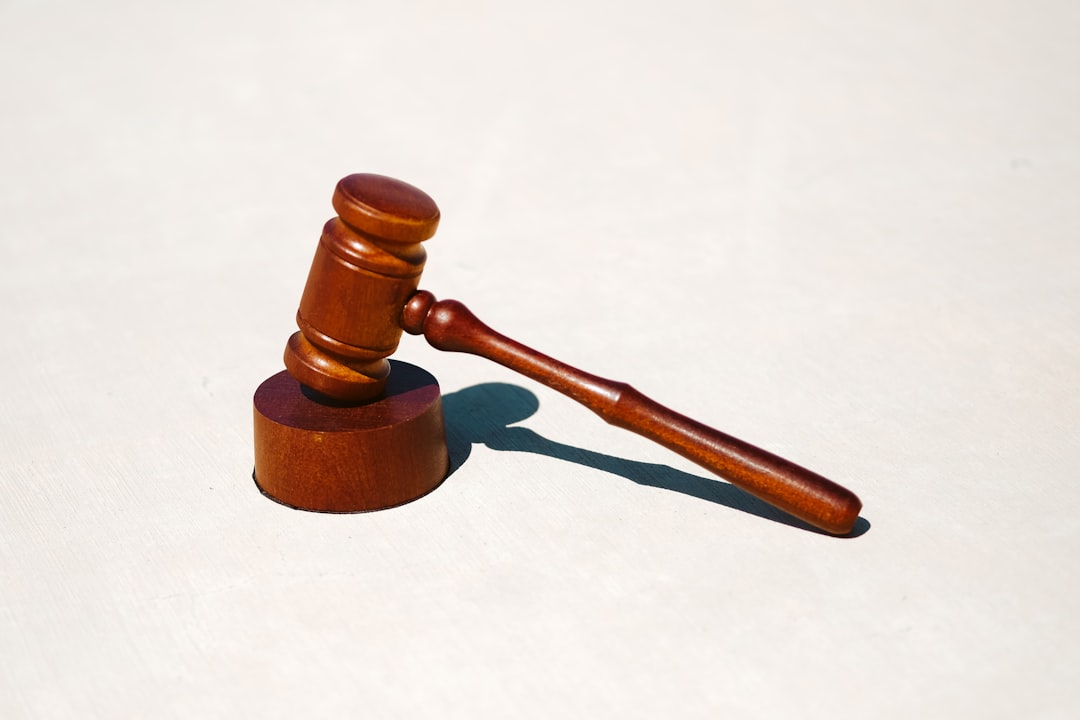In Connecticut, addressing child abuse is paramount, with strict laws in place to protect young individuals. When facing such sensitive cases, experienced attorneys play a pivotal role in safeguarding children’s rights and ensuring justice. This comprehensive guide explores Connecticut’s legal framework regarding child abuse, the essential duties of legal representatives, and the subsequent steps after a report is filed. Additionally, it provides resources for survivors and families, offering vital support during challenging times. For those seeking expert guidance, connecting with a qualified child abuse lawyer in Connecticut is a crucial step towards healing and justice.
Understanding Child Abuse Laws in Connecticut

In Connecticut, child abuse laws are designed to protect minors and ensure their safety from physical, emotional, or sexual harm. The state has strict regulations in place to hold abusers accountable and provide support for victims. A child abuse lawyer in Connecticut is equipped to navigate these complex legal matters, offering expertise and advocacy for those who have suffered at the hands of others.
These laws cover a range of offenses, including physical assault, neglect, abandonment, and sexual exploitation. Recognizing and reporting suspected abuse is crucial, as it allows authorities and legal professionals to intervene promptly. A Connecticut child abuse lawyer plays a vital role in guiding victims and their families through the legal process, ensuring their rights are protected while pursuing justice for the harm they’ve endured.
The Role of Attorneys in Protecting Children

Connecticut attorneys specializing in child abuse cases play a pivotal role in protecting vulnerable children and ensuring justice. These legal professionals are equipped to navigate complex laws and procedures related to child welfare, exploitation, and neglect. Their primary objective is to advocate for the rights and safety of minors, holding perpetrators accountable while also providing support and guidance to victims.
A child abuse lawyer in Connecticut investigates allegations, collects evidence, and constructs compelling cases to present before courts. They work tirelessly to secure protective orders, ensure safe living arrangements, and pursue appropriate legal consequences for abusers. By leveraging their expertise, these attorneys contribute significantly to the prevention of future abuses and the healing process for affected children.
Legal Steps After a Child Abuse Report

After a report of suspected child abuse, swift and appropriate legal steps are crucial. In Connecticut, the first step is typically an investigation by the Department of Children and Families (DCF). If the investigation substantiates the abuse allegations, the case may proceed to court. A child abuse lawyer in Connecticut plays a vital role during this period, guiding parents or guardians through the legal process and advocating for their rights.
These attorneys help ensure that all legal requirements are met while protecting the best interests of the child. They may also collaborate with social workers, doctors, and other professionals to gather evidence and create a comprehensive plan to address the abuse and its aftermath, aiming to safeguard the child’s well-being and future.
Resources for Survivors and Families Affected by Child Abuse

For survivors and families affected by child abuse, there are various resources available to help navigate the legal system and seek support. Many organizations in Connecticut offer comprehensive services tailored to address the unique needs of victims and their loved ones. These resources include hotlines for confidential reporting and support, counseling services, advocacy groups, and legal aid organizations dedicated to assisting with cases involving child abuse.
Survivors can connect with local child abuse lawyers in Connecticut who specialize in handling these sensitive matters. These attorneys provide legal guidance, ensuring that the rights of survivors and families are protected throughout the process. They offer expertise in navigating complex laws and procedures, advocating for justice, and helping to secure the necessary resources for healing and recovery.






